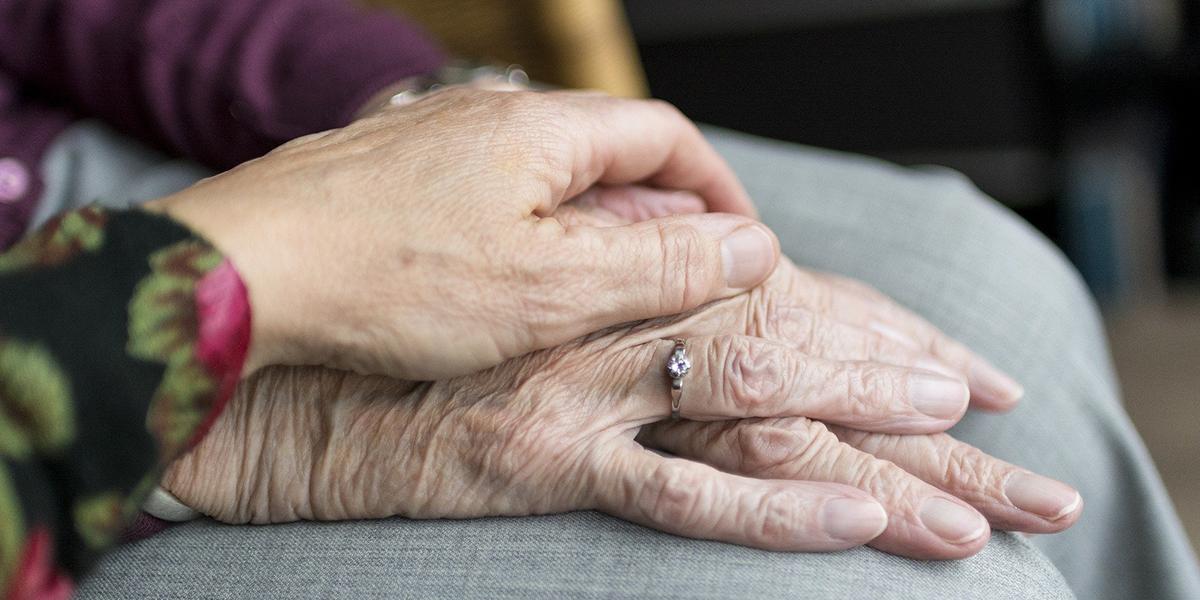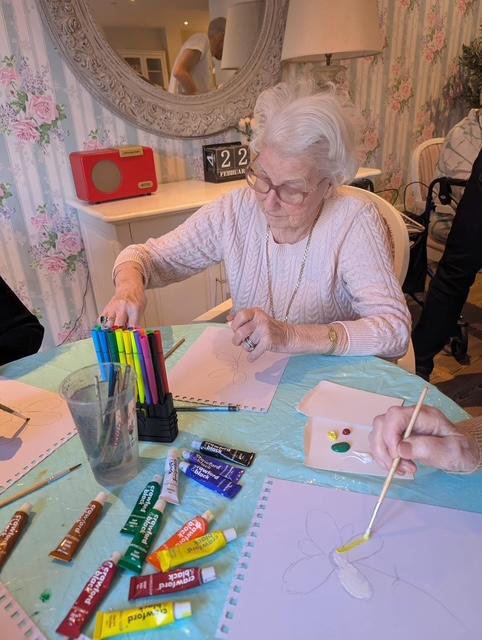How Much Do Care Homes Cost?

In the Scotland, there has been a significant increase in the demand for care homes in recent years, this is mainly due to the longer life expectancy of the population. However, this increase in demand has also led to a noticeable increase in care fees. Many families and individuals who are seeking care have expressed concerns about how they can afford these fees, which can sometimes discourage them from considering care homes as a viable option due to financial strain.
To provide peace of mind and offer detailed information regarding care home fees, in this blog, we will explore the average weekly costs associated with care homes, what you can typically expect to receive as part of the care package and potential funding options that may be available to those who meet the eligibility criteria.
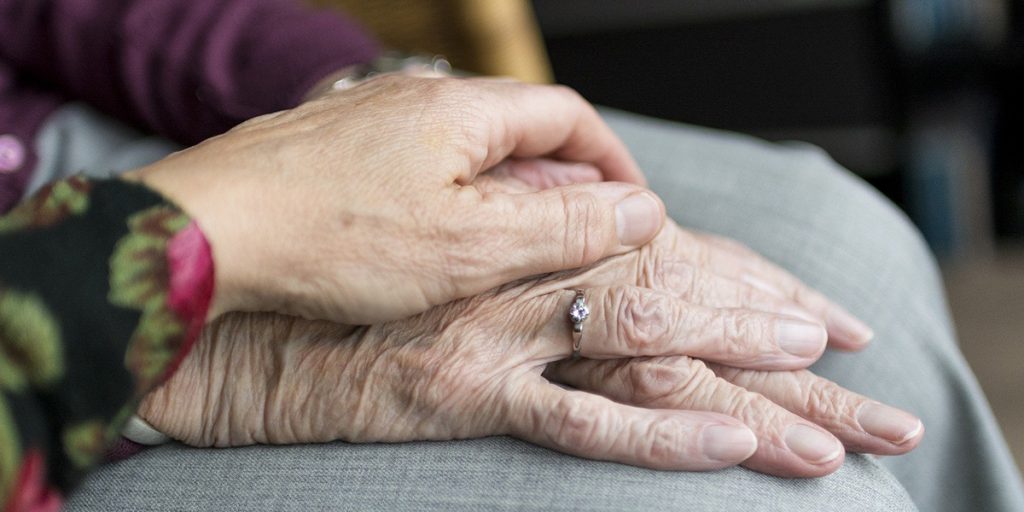
Average Weekly Expenses for Care Homes and Nursing Homes
The typical fees for care homes in Scotland vary depending on whether you choose to live in a residential care home or a nursing home and what services you choose to be provided with. According to carehome.co.uk, the average weekly cost for a residential care home, which provides the most basic level of care, is lower than that of nursing homes. This higher cost is primarily due to the more complex needs of the residents in nursing homes. Specialised care options, such as dementia care, also come at a higher rate compared to the expenses for residential care.
Another element that influences fees is the geographic location of the care home or nursing home. Typically, residential care homes located in popular cities like Glasgow tend to have higher costs compared to those in more rural areas of Scotland.
Nevertheless, it's vital to recognise that the actual fees can fluctuate significantly based on the particular care home, what services you need and where the care home is located.
Scottish Care Home Fees and How They Are Structure
Care homes across Scotland all structure their fees differently. The costs associated with care can vary based on the range of services provided, which can make direct comparisons challenging for families. Depending on the specific care home or nursing home, you may encounter fixed charges on either a weekly or monthly basis. Some care homes follow a 'pay-as-you-go' approach in which everything will be accounted for, while others offer an all-inclusive living arrangement with one set figure each month.
It's essential to bear in mind that additional services enjoyed by residents, such as visits to the in-house hairdresser, participation in day trips or engagement in social activities, may incur additional charges if the resident is not on an all-inclusive plan.
How Much is Residential Care?
The costs for residential care usually consist of a standard base fee, with additional charges applied as needed. When living exclusively in a residential care home, these expenses typically include your accommodation, utility expenses, all your meals and the care services provided.
How Much Are Dementia Care Homes?
Dementia care homes offer a specialised care service that is designed for individuals living with dementia. Currently, nearly one million residents in the UK are affected by this condition and studies indicate that this number will continue to rise.
In contrast to residential care, dementia care incurs higher costs due to the specialised support and expertise required. Staff members at these dedicated care facilities undergo specialist training to ensure appropriate care is provided to residents with dementia.
Nursing Care and The Cost of Care
Nursing care involves a more intensive and hands-on approach, which often means higher expenses when compared to other types of care homes. While the fees can vary, they typically cover accommodation, meals, support services, and the expenses associated with nursing care. Due to the higher level of intensive assistance needed, nursing care is generally linked to higher care costs.
What is the Cost of Respite Care?
Respite care is a service created to provide short-term assistance to individuals in need of temporary support, such as those recovering from an illness or surgery.
This service can also provide caregivers with a reprieve from their responsibilities while assisting care recipients with their daily needs. The expenses related to respite care can fluctuate, depending on factors like the duration of stay and the level of assistance required. Generally, respite care involves daily or weekly fees.
Care Costs for Palliative Care in the UK
Palliative care, also referred to as end-of-life care, is a compassionate service extended to individuals facing a serious illness or health condition as they approach the final phases of their life. This circumstance may arise due to the natural aging process or as a result of a terminal illness or a critical health condition.
Usually, the charges for this service follow a weekly charge, similar to the other care types, however, some all-inclusive care homes do offer this service.
What is Typically Covered by Care Home Fees?
The fees for nursing homes and care homes typically include accommodation, personal care, meals and various activities that can help with an elderly individual's mental and physical well-being.
It's important to note that each care home is unique, and some facilities may charge extra for additional services. When exploring different homes, it's wise to enquire about what's included and what's not in the pricing structure to avoid unexpected expenses. However, some nursing homes and care homes offer an all-inclusive lifestyle option.
In addition to additional services, it's crucial to keep in mind that the location significantly influences the cost of care. If the home is in a more wealthy area, the home costs will typically be higher.
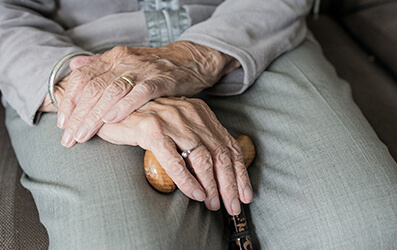
What is an All-Inclusive Care Home?
Despite typically coming with a higher price, all-inclusive care homes are gaining popularity across the UK due to their consistent pricing and convenience to elderly people in the UK.
The reassurance of not encountering unexpected expenses on top of regular fees can provide a great sense of security, especially in the current challenging cost of living that many people across Scotland are facing. Choosing to reside in an all-inclusive care home means that your care, accommodation, amenities, activities and meals are all included in the fees.
All-inclusive care homes use various fee structures and offer a range of services, facilities and activities. Therefore, it's crucial to find a home that can provide the right level of care tailored to your individual needs.
Most all-inclusive homes typically offer Residential Care, Nursing Care, Respite Care, Dementia Care and Palliative Care in order to provide a continuum of care as and when residents' care needs change.
Paying for Care
Usually, the person requiring care covers their own care expenses or a family member may do so on their behalf. However, not everyone has the financial resources to independently cover these costs. Individuals requiring care and facing financial constraints can ask for financial assistance from their local authority, which may result in the local council covering the care home fees. This financial support is based on a financial assessment that examines the individual's savings, assets, as well as their private and state pensions to determine whether the combined resources are above or below the council's threshold. This evaluation is known as a means test. If the assessment is approved, the care home costs will be partially or fully funded.
For those who have the means to self-finance their care, it's important to seek guidance from a financial advisor. This step ensures the ability to continue to cover the cost of care throughout their stay and allows for consideration of alternative options if necessary, such as exploring top-up fees.
Financial Assistance Services for Covering Care Expenses
Depending on an individual's circumstances, they may be eligible for financial support to help cover the costs of care. In such cases, the first step is to apply for support from their local authority. The local authority will conduct a financial assessment to determine whether an individual's savings and assets exceed or fall below a specific threshold. If approved, the local authority will contribute towards the fees for care home services.
For those requiring extensive care or having significant health needs, there may be an opportunity to qualify for Complex Clinical Care Support, which was previously known as NHS Continuing Healthcare. This healthcare support is exclusively available to individuals with substantial mental or physical health requirements. This assessment is based on the individual's care needs to assess how complex, unpredictable or intense they are. However, a means test will be required to cover accommodation costs.
If an individual doesn't meet the criteria for either local authority or Complex Clinical Care, they can explore the option of a deferred payment agreement. This occurs when the local council provides a loan to cover care expenses, which the individual repays once they sell their assets, typically their home or through equity release. It's important to note that interest is usually applied to these repayments.
It's important to note that financial assistance is not always guaranteed and certain care homes may not accept funding support. Therefore, before considering a care home or nursing home, it's vital to enquire about their funding acceptance from third parties to avoid any complications down the line.
Financial Assistance from the Local Authority
Local authorities offer financial support to assist individuals who are unable to independently cover the costs of care home or nursing home fees. To be eligible for this support, an assessment of your financial resources, including assets and income, is conducted which is known as a means test.
If you meet the criteria for local authority funding, they will contribute towards your residential care expenses on a weekly basis. However, it's important to note that in some cases, the local authority's contribution may not cover the entire cost of your care. In such instances, you or your family may need to help cover the remaining care costs. The amount granted for this support is determined based on your specific healthcare needs and financial situation.
The local authority funding primarily covers personal care expenses, such as accommodation, meals and personal assistance. Additional services or amenities like transportation, social activities and personal items may require additional payments which would be the responsibility of the resident or family member.
Complex Clinical Care Support Services
Individuals with substantial healthcare needs, whether they necessitate comprehensive care or have significant health challenges, might be eligible for Complex Clinical Care Support. This medical support service was previously referred to as NHS Continuing Healthcare in Scotland.
Complex Clinical Care Support is specifically designed to cater to those with challenging mental or physical requirements. The eligibility assessment for this support is primarily focused on evaluating the individual's specific care needs, ensuring they receive the necessary medical attention. However, it's worth noting that a means test will also be conducted to determine the individual's ability to cover accommodation costs.
Covering Your Care Expenses Privately
If you possess the financial resources to cover your care fees independently, you fall into the category of self-funding, indicating that you do not require any financial assistance. Consequently, this means you are entirely responsible for funding all associated costs, including your care expenses, personal budget and any other expenses related to residing in a care home or a nursing home.
Being a self-funder entails a significant financial commitment. Since care homes may vary in their fees, it is advisable to conduct a thorough evaluation to ensure that your chosen care home aligns with your needs and that you can comfortably afford your stay before making a final decision. Consulting with a financial advisor and undergoing a financial assessment before transitioning to a care home is an important and advisable step.
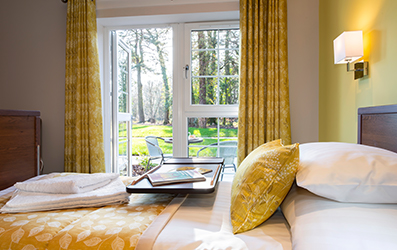
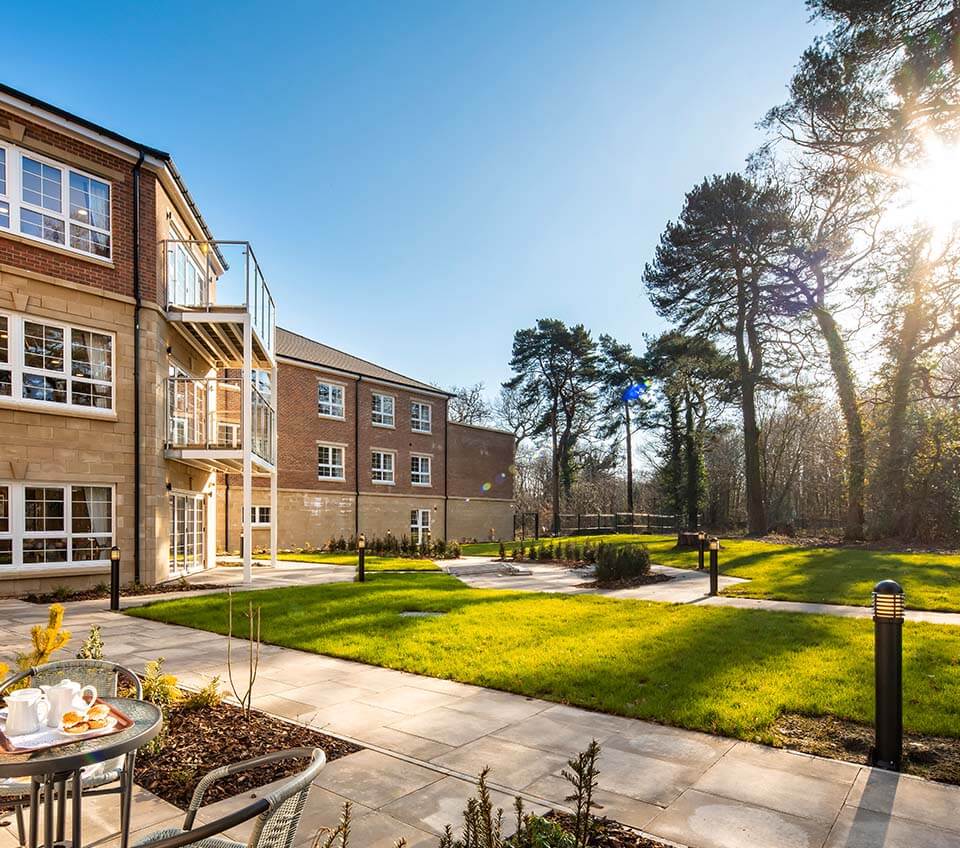

Bothwell Castle Care Home and Our Services
Bothwell Castle Care Home stands as a purpose-built care home situated in the charming and historically rich region of South Lanarkshire, near Glasgow, Scotland which is widely regarded as one of Scotland's most sought-after places to reside. Our all-inclusive care home offers a private and luxurious environment tailored to meet the needs of older individuals. We take pride in providing exceptional accommodations and a wide range of in-house amenities. Our dedicated team offers various care services, including Residential Care, Dementia Care, Nursing Care, Respite Care and Palliative Care.
At our purpose-built nursing home, we firmly believe that every resident should enjoy a fulfilling and meaningful life. Our highly professional team is committed to delivering outstanding daily care and support. When searching for a local care home in your preferred area that aligns with your care and wellness requirements, Bothwell Castle makes the process easier than ever before.
Our residence boasts 75 en-suite bedrooms, complemented by charming lounges, dining rooms and facilities such as a hair salon and cinema room as well as many daily activities for residents to enjoy hobbies alone or in a social setting. Our activities programme has been created to cater to many interests and lifestyle choices.
At the core of our care home is a philosophy that offers every individual the opportunity to lead an enriched and self-reliant life within a nurturing setting. Our entire staff is rigorously trained to the highest standards and is committed to providing our residents with unwavering care and support.
Find Out More About Our Care Home in South Lanarkshire
If you would like to speak to our dedicated team of care professionals, contact us today by calling 01698 622 299 or by dropping us an email info@bothwellcastle.com and we will be more than happy to help.

